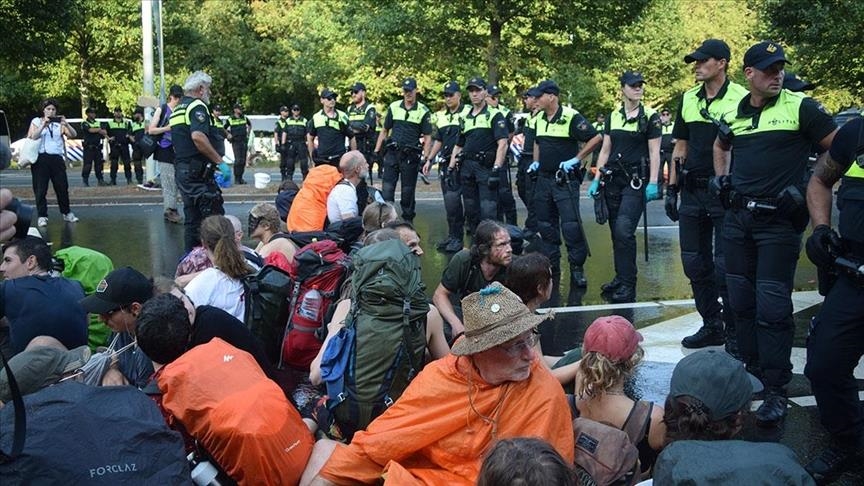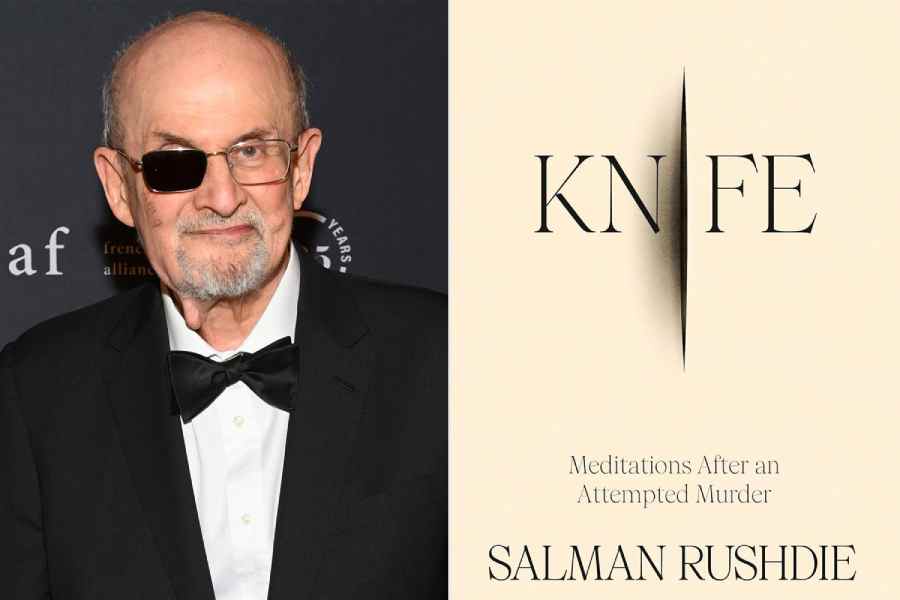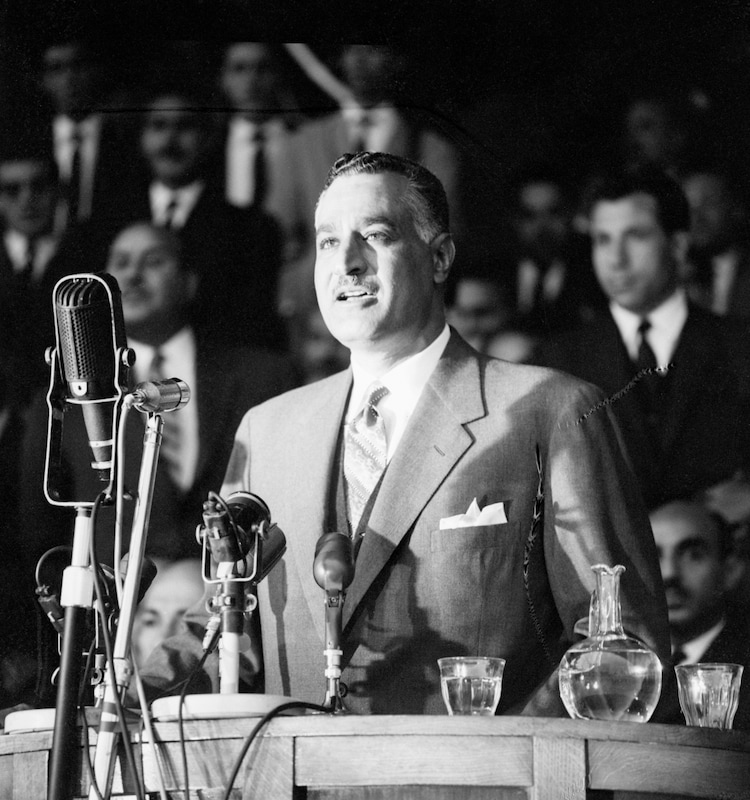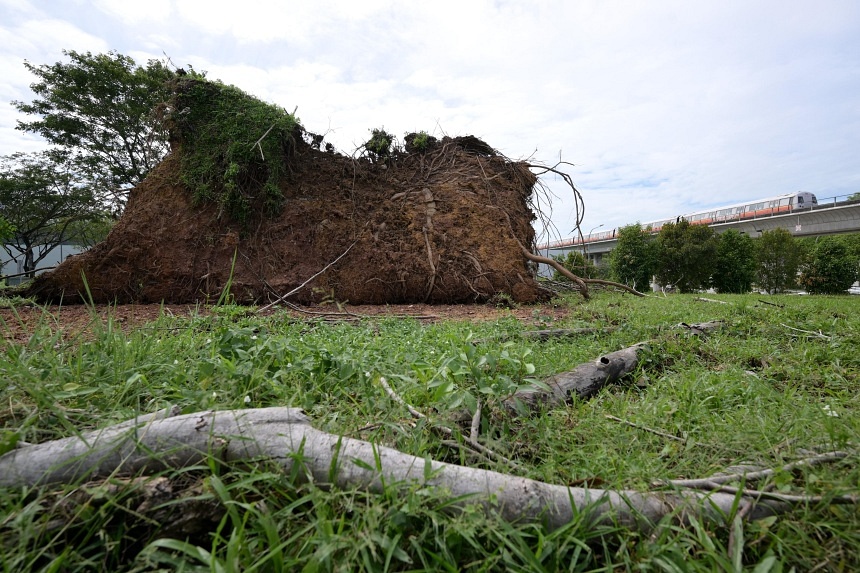Which countries still use pagers and why?
Thousands of pagers used by members of the Lebanon-based terrorist group Hezbollah exploded on September 17, killing nine people and injuring nearly 3,000. Pagers are obsolete devices but were used by Hezbollah to evade detection by Israeli agencies. However, several countries across the world still use pagers. Here's why.

Then US President Bill Clinton with a pager. Pagers were at their peak in the US in the 1990s and 2000s.
Priyanjali Narayan
New Delhi,UPDATED: Sep 18, 2024
In Short
Hezbollah was using pagers, considered obsolete, to hoodwink Israeli spy agencies
But pagers are still used in varied sectors in the US, Japan, New Zealand and Germany
Pagers used by healthcare providers, firefighters, hospitality services among others
Nine people were killed after pagers used by the Lebanon-based terror group, Hezbollah, exploded on September 17. The explosion wounded around 3,000 others. Experts say the supply chain was intruded into to rig the devices with explosives and explosions were triggered remotely. Pagers were used by Hezbollah to bypass the Israeli intelligence agencies that were allegedly snooping on its fighters through their cellphones.
advertisement
Though considered an obsolete communication device, pagers are still used for several purposes across the world.
WHAT ARE PAGERS?
Pagers are small and portable communication devices which receive and display messages. They came prior to the spread of smartphones across the world. They function on radio frequencies, making them the more efficient choice in areas with poor networks. They also have a long battery life.
WHEN PAGERS ENTERED INDIA RIDING ON LIBERALISATION
India had a short era of pagers. At the stroke of the hour of economic liberalisation, in 1991, the pager found its way to the Indian market.
In the West, it was used primarily by people working in courier services. But in India, it was a marker of wealth.
The pager was a momentary link as India transitioned from the land phone to the cellphone. Mobile phones came close on the heels of pagers and made the one-way communication device obsolete.
However, there are several countries where pagers are still being used.
WHERE PAGERS ARE STILL BEING USED
1. Japan: Pocket bells or pagers are used in Japan in hospitals and areas with poor cell reception. In an emergency, they are considered more reliable than smartphones, according to The Japan Times.
It is also used in various industrial settings, especially in manufacturing and construction services.

The use of the pager is still prevalent in Japan. It is used for healthcare services and industrial settings. (Image: AFP)
2. New Zealand: Pagers have been used for decades and are still used by the nursing staff at the bedside and medical experts who are responsible for providing advice, according to the National Library of Medicine.
3. United States: Pagers have been mainstream in the US. From Gilmore Girls to FRIENDS and many other popular shows from the 90s show the use of pagers by their main characters.

A scene from Gilmore Girls where Rory is seen using a pager. (Image: X)
Now, pagers are used in hospitals. They are also used in hospitality services to improve customer experience, sometimes even informing guests when their table is notified without facing an overcrowded waiting area, reports QSR Magazine.
They are also used by the elderly to reduce accidents and to be tracked by their caregivers in assisted living, according to Healthcare Pro.
Fire services also use pagers for sending an immediate alert, and they ensure all personnel reach quickly, according to Firehouse.
4. Germany: Pagers are used in logistics companies to ensure quick communication where mobile signals are weak, according to German media outlet Deutsche Welle.
5. Brazil: In Brazil, pagers are used by first responders. They prefer its use to its connectivity and network in all areas.
Privacy, simplicity and urgency are all provided by pagers and, therefore, they have not completely become a thing of history.
"As simple as pagers are, they rarely suffer from congestion as cellphone networks. Recent events have shown that pagers work even in times of natural disasters, as opposed to cellphones that ring busy, dead air or all circuits are busy, and pagers have a unique facility in Group Calling where large numbers of pagers can be paged simultaneously," reads the website of Pagers Direct, which sells pagers.
advertisement
It also mentions how pagers do not come with the risk of "robo calls" or AI-generated calls, which now bothers many cellphone users. Although recent research across the world has questioned its use and discussed its limitations, this does not stop many crucial sectors from using it.
While pagers have been used to wound and kill several people in Lebanon, they have also been used to save lives of hundreds and thousands of people across the world. From Japan to the US, pagers, which are considered obsolete, are being used for efficiency.
















